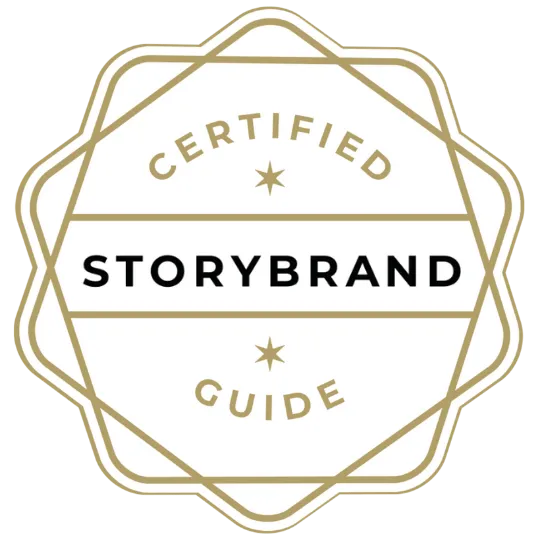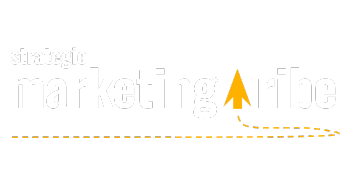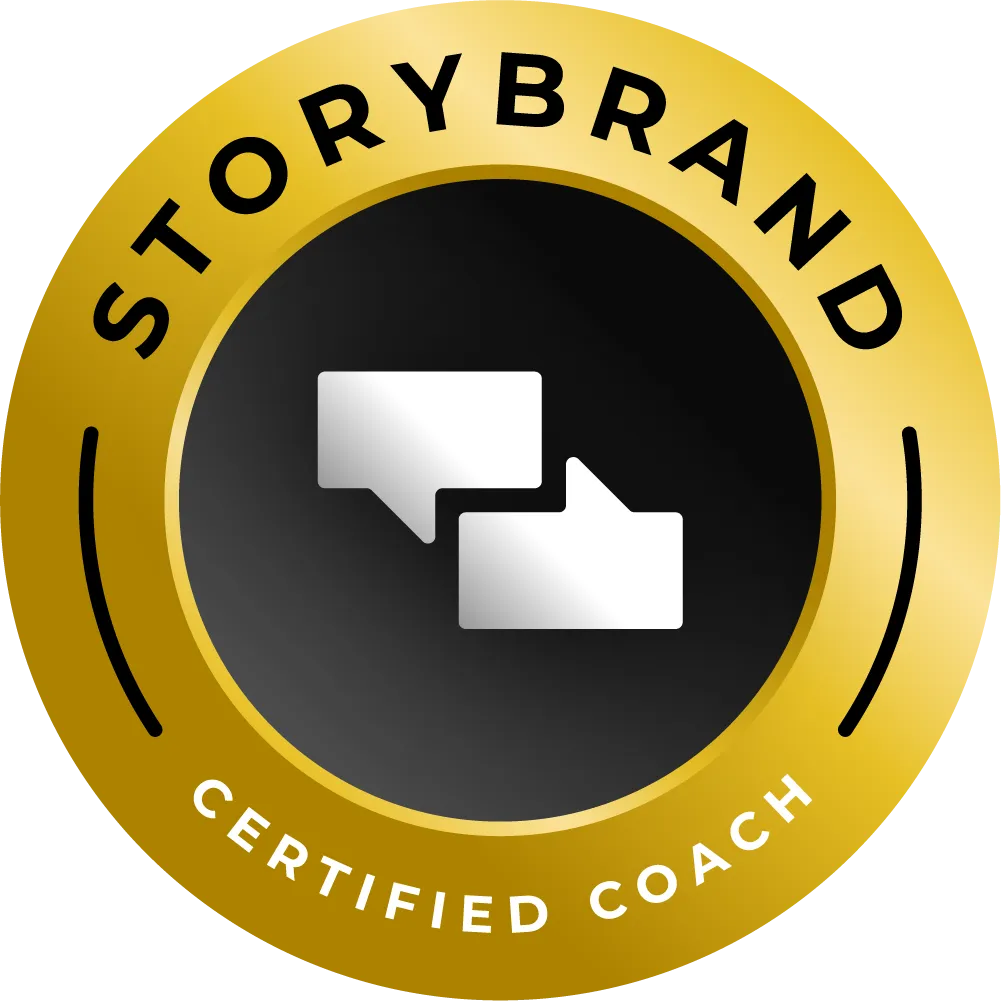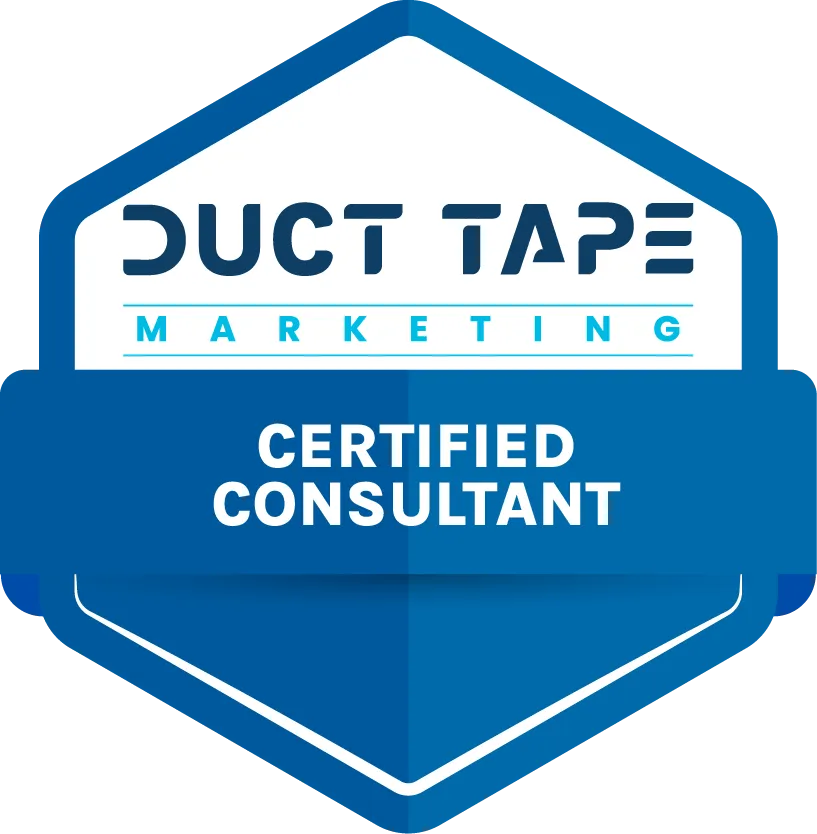NEWS, MEET STRATEGY
Real news, real insights – for small businesses who want to understand what’s happening and why it matters.
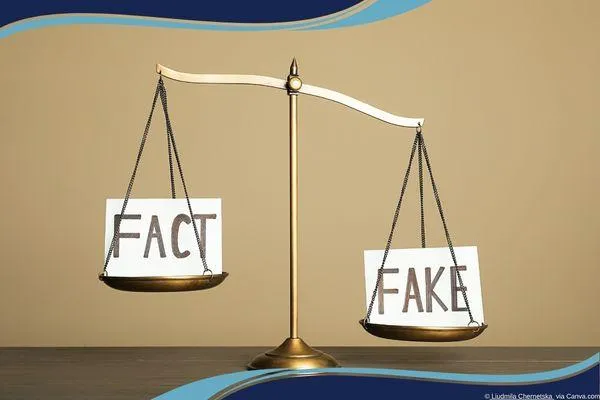
AI Hallucinations in Court—Big Trouble for Legal Trust
By Vicky Sidler | Published 3 August 2025 at 12:00 GMT
Lawyers are trained to argue the facts. But what happens when the facts don’t exist—and come from ChatGPT?
That’s exactly what’s happened in at least three recent South African court cases, according to the Daily Maverick.
Lawyers cited legal precedents that, upon closer inspection, turned out to be AI-generated hallucinations—fictional cases with confident-sounding names but zero legal basis.
If that doesn’t raise your eyebrows, this might: judges are now demanding explanations, and legal credibility is on the line.
And while you might not be a lawyer, this situation has everything to do with small business marketing. Because if AI can create fake citations in a courtroom, it can just as easily insert false stats, misleading claims, or invented testimonials into your website, blog, or sales pitch.
TL;DR
South African courts uncovered three cases involving completely fabricated legal citations—thanks to AI tools.
These “AI hallucinations” sound convincing but have no basis in fact.
This isn’t just a waste of the court’s time—it’s a breach of client trust and a professional failure.
Lawyers are well-paid professionals with access to librarians; “I didn’t know” doesn’t cut it.
Small business owners must also verify all AI-generated content before publishing.
👉 Need help getting your message right? Grab my free 5-Minute Marketing Fix. It’s a quick and easy tool to help you get clear and build trust fast.
A Wake Up Call—AI Can’t Be Trusted Without Oversight:
The recent South African cases weren’t isolated accidents. They’re part of a pattern we've seen globally. Just weeks earlier, a UK judge issued a formal warning to lawyers after discovering over a dozen fabricated citations in court filings.
👉 Read that story here: Fake AI Citations Trigger UK Court Warning
In both countries, the pattern is clear: legal professionals are relying on AI tools to speed up research—but skipping the most basic step of fact-checking the results.
And let’s be honest: lawyers aren’t underpaid interns winging it from the break room. They’re well-compensated professionals with access to real librarians.
In fact, one of my best friends is a legal librarian. She’s been called in to verify whether opposing counsel’s filings were real—and she’s found fake cases before. She’s horrified. Why? Because clients come to lawyers with life-changing problems. They trust them. And submitting hallucinated case law to a judge isn’t just careless. It’s a flagrant betrayal of that trust.
This Isn’t Just “Oops, I Did It Again”:
Let’s call it what it is: if a lawyer knowingly fabricated a case to strengthen their argument, that would be manipulation of the justice system—possibly even contempt of court.
So “Oops, I didn’t realize” isn’t good enough. Especially when you're paid to know better.
And while small businesses won’t face judges or sanctions for publishing a dodgy blog post, the principle still applies: trust is earned through accuracy. Not polish. Not confidence. Just accuracy.
What Small Business Owners Should Learn:
You might not be filing legal briefs, but if you’re using AI to help write:
Marketing content
Website copy
Sales emails
Internal proposals
...then you’re still in the same danger zone.
1️⃣ Hallucinations Aren’t Just for Lawyers:
AI tools don’t think. They predict words. That means they can—and do—make things up. A product benefit, a testimonial, a statistic, even a location or date. And unless you’re double-checking, you’ll never know until it’s too late.
2️⃣ Your Reputation Is on the Line:
You may not answer to a judge, but you do answer to customers. If your blog posts contain incorrect data or your sales pitch promises things your product doesn’t do, you’re still misleading people. Even if it wasn’t intentional.
3️⃣ Clear Messaging Beats Clever Lies:
Let’s not forget what matters most: clarity. Whether it’s a legal argument or a landing page, the goal is to make the message easy to trust and easy to act on.
The Real Cost of Cutting Corners:
If this is how lawyers behave under pressure—with access to experts and research staff, like my librarian friend—then what hope does the average business owner have?
Quite a bit, actually. You don’t need a law degree to get this right. You just need a system for making sure AI serves your business, not the other way around.
Here’s how:
Use AI for ideas, not facts
Review and edit everything before publishing
Prioritize clarity over complexity
Take full responsibility for what you say online
Because even if you’re not in a courtroom, your reputation is still on trial.
Build Trust the Right Way:
Whether you’re a lawyer or a locksmith, clarity and credibility are your strongest marketing tools. And if you’re not sure how to explain what your business does in plain, simple terms? That’s where I can help.
The 5-Minute Marketing Fix is a free tool that helps you create a one-liner that’s sharp, clear, and built to win trust.
Because the best way to avoid hallucinations… is to start with something real.
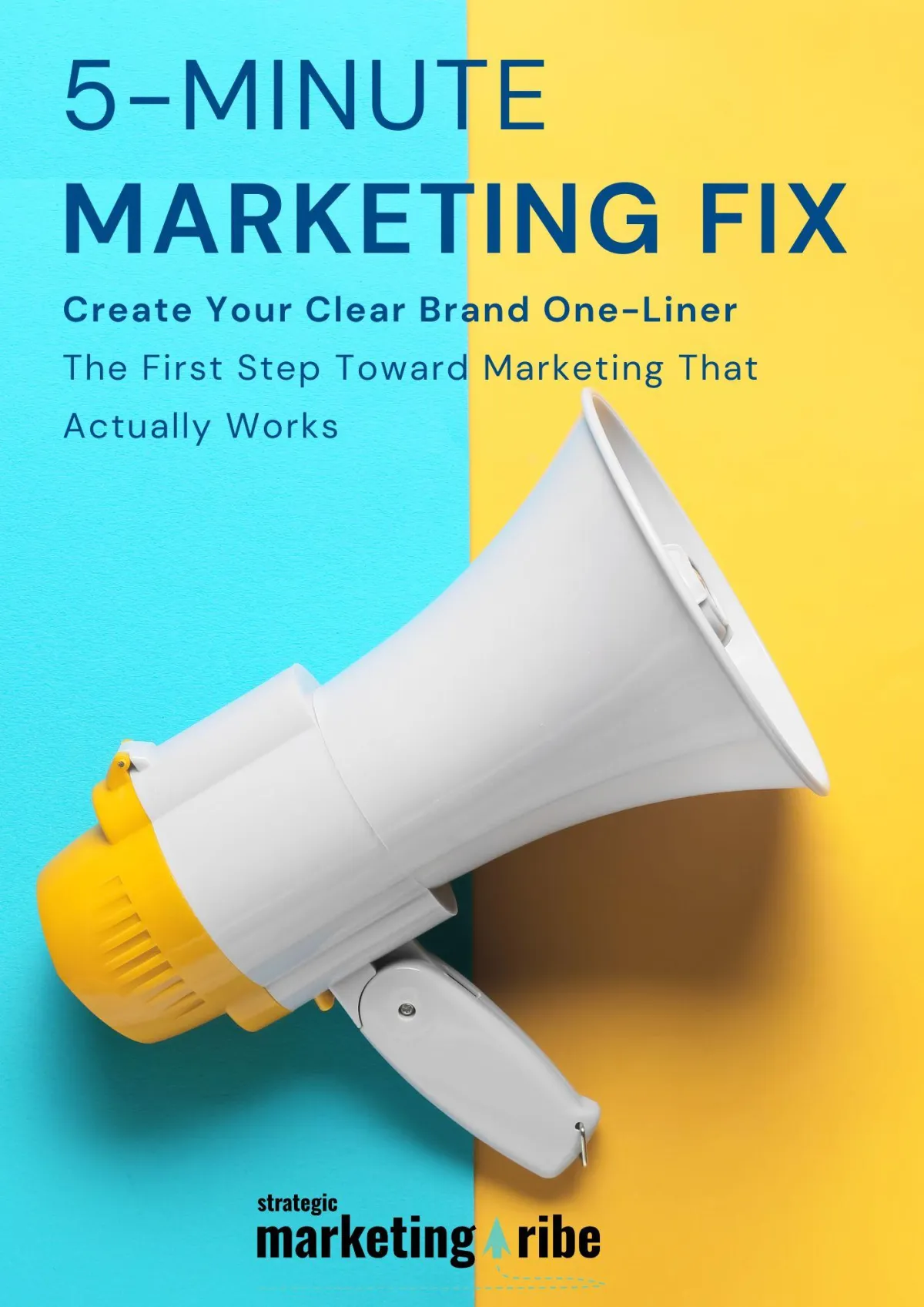
Created with clarity (and coffee)
